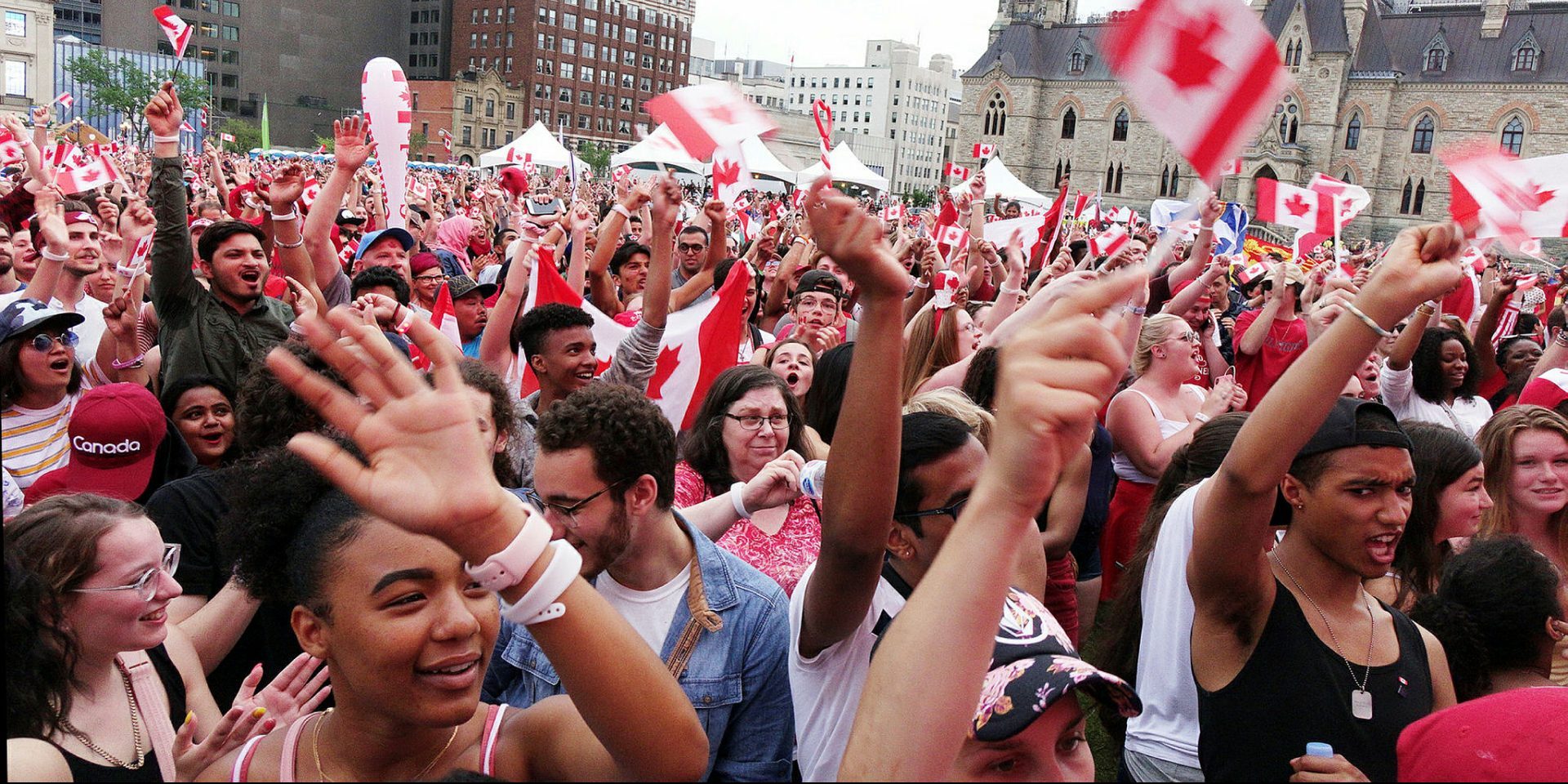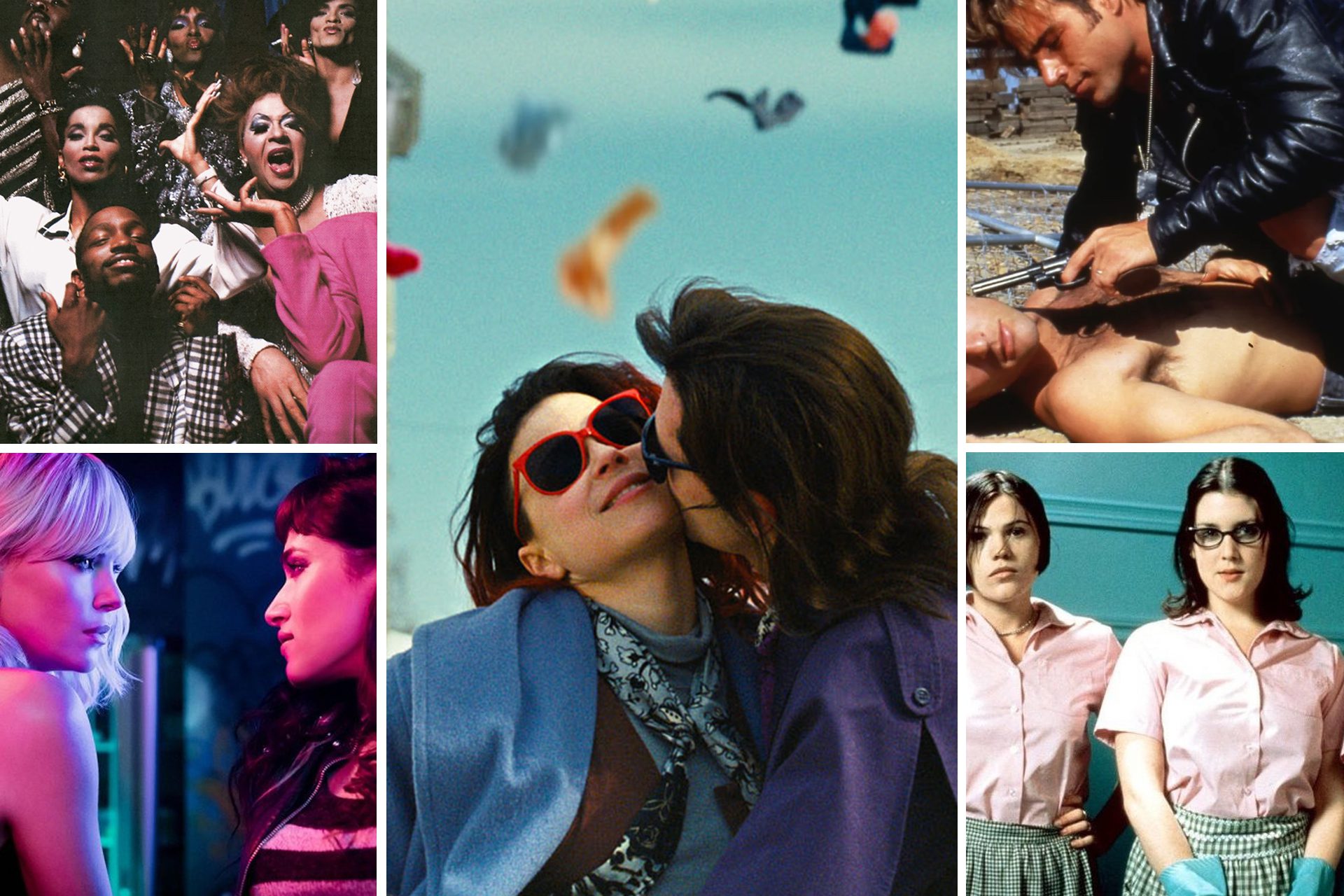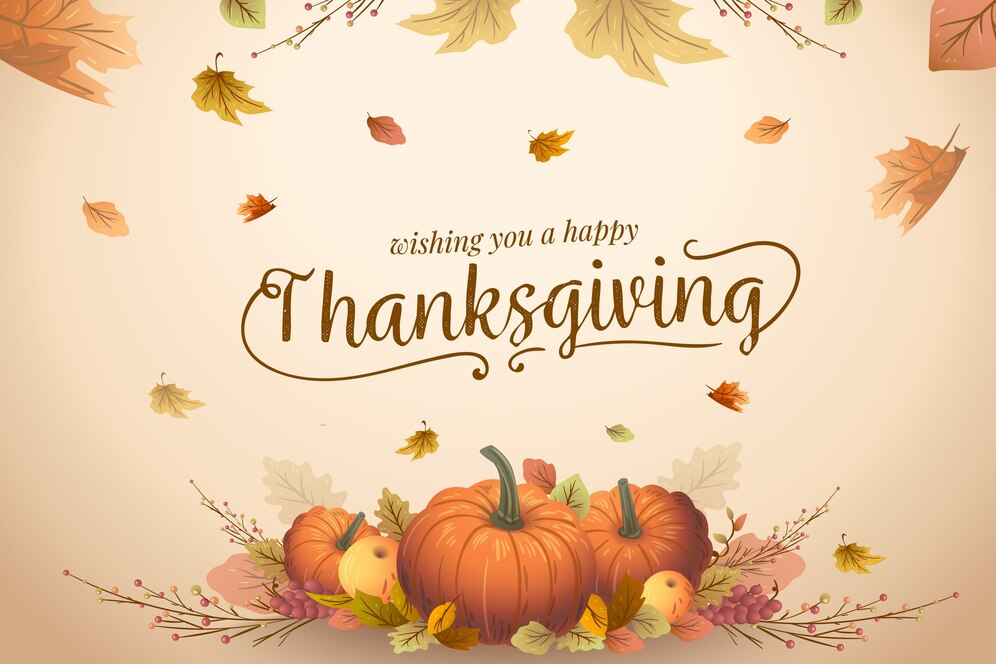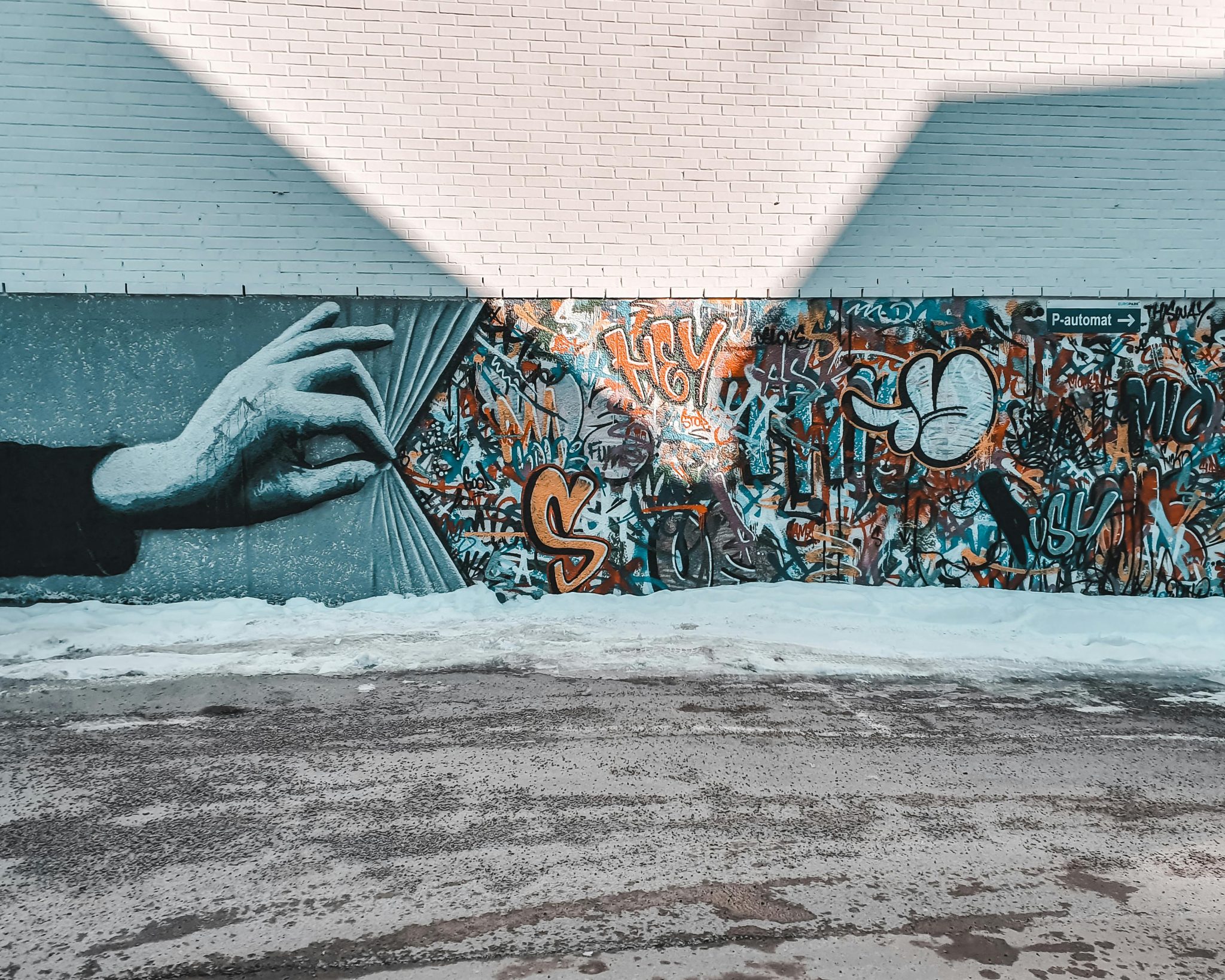The Evolution of Canadian Multiculturalism – Adapting to New Realities

Canada has long been known for its multicultural policies, which are designed to celebrate and integrate the various cultural groups that make up the nation. Since the 1971 adoption of multiculturalism as an official policy, the country has made considerable strides in fostering inclusivity and diversity. However, in 2024, the landscape of Canadian multiculturalism is evolving in response to recent political debates, global challenges, and changing public perceptions.
One of the key debates shaping the future of multiculturalism in Canada revolves around immigration policies and the changing demographic makeup of the country. In recent years, the Liberal government under Prime Minister Justin Trudeau has emphasized the importance of diversity as a national strength. However, discussions around immigration policy have been stirred by debates on the economic and social impacts of immigration, particularly in light of housing crises and resource allocation. These discussions have led to the introduction of various policies aimed at ensuring immigrants are better integrated into the Canadian economy and society, while also addressing concerns about cultural preservation and social cohesion.
The immigration conversation is further complicated by global geopolitical challenges, including the ongoing crises in Ukraine and Afghanistan, which have resulted in large refugee populations seeking asylum in Canada. While this influx has sparked some political opposition, it has also reaffirmed Canada's commitment to international humanitarian efforts. In 2024, the challenge is finding the balance between welcoming refugees and managing domestic priorities.
A key factor in the evolving understanding of multiculturalism in Canada is the role of culture and the arts in fostering community and cross-cultural dialogue. Across the country, art and performance have increasingly become central to how multiculturalism is practiced and lived. Events like the Toronto International Film Festival (TIFF) and the Montreal International Jazz Festival have showcased diverse cultural voices and created platforms for intercultural exchanges. These festivals and events are reflective of a broader push to embrace the contributions of minority groups through public performances and the arts, giving them visibility and voice.
Public conversations about multiculturalism also often intersect with the issue of Indigenous reconciliation. While multiculturalism celebrates diverse immigrant cultures, there is growing recognition that Canada’s Indigenous populations have been historically marginalized. In 2024, more public discussions are centered around reconciling these two aspects of Canadian identity. Projects like the Indigenous-led art exhibitions at major museums, as well as performances that bring Indigenous traditions to the forefront, reflect a shift towards a more inclusive understanding of what it means to be Canadian. The inclusion of Indigenous cultural perspectives within the multicultural framework is increasingly seen as essential for true national reconciliation.
Moreover, multiculturalism is also evolving in how Canadians interact with diversity on a personal level. In major cities like Vancouver, Toronto, and Montreal, residents regularly interact with a mosaic of cultural backgrounds, languages, and traditions. This exposure has influenced how younger generations view Canadian identity—moving beyond traditional concepts of "assimilation" to a more fluid and dynamic conception of cultural exchange. The evolution of social media has played a large role in facilitating these exchanges, with Canadian platforms highlighting the diverse experiences and stories of immigrant communities.
In 2024, the Canadian government continues to work toward creating policies that support both the preservation of cultural identities and the integration of newcomers. This includes efforts to address systemic barriers in education, healthcare, and employment that immigrants often face. Additionally, the growing emphasis on social justice movements, such as Black Lives Matter and the #MeToo movement, has prompted a reexamination of how multiculturalism intersects with issues of race, equity, and representation in Canada.
As multiculturalism continues to evolve in Canada, it remains a subject of public discourse and political debate, especially in light of new global realities. The Canadian model of multiculturalism, which celebrates diversity while striving for unity, faces challenges but also holds promise as a foundation for a more inclusive society. In 2024, the ongoing dialogue reflects an understanding that multiculturalism is not a static concept, but one that must adapt to changing political climates, social movements, and global circumstances.


.jpg)



.jpg)
.jpg)
 (1).jpg)
 (1).jpg)
